Formal administration is a legal process essential for managing the estate of a decedent who has passed away within the last two years and whose probate estate exceeds $75,000. It’s crucial to distinguish between the probate estate and the gross estate. While the gross estate encompasses all assets owned by the decedent, regardless of type or location, the probate estate consists solely of assets owned exclusively by the decedent at the time of their death.
Assets that fall into the probate estate include:
However, assets that are jointly owned or have designated beneficiaries do not pass through probate. Similarly, assets held in a revocable or living trust are also exempt from this process. Therefore, it’s possible for a decedent to have a gross estate valued at $5 million but possess no probate estate, a minimal probate estate, or a probate estate equal to the gross estate, depending on how their assets were structured.
The formal administration process begins when a qualified fiduciary applies to become the personal representative of the estate. This representative may be required to:
The statutes clearly outline the personal representative’s duties and powers, including how they should be compensated along with their attorney. Importantly, the representative must notify creditors and allow them to present their claims against the estate.
Once the representative has gathered the estate’s assets and resolved any creditor claims, they must account for all transactions during the administration and distribute the remaining assets to the beneficiaries. Upon successful completion of these tasks, the personal representative is discharged from any further duties or liabilities.
The duration of the formal probate process can vary widely, typically taking anywhere from 4 to 6 months to several years. The timeline is influenced by several factors:
Each case is unique, and variables such as beneficiary disputes, the organization of the estate, and the overall efficiency of the personal representative can all impact the time required for formal administration.
Formal administration is a crucial process for ensuring that a decedent’s estate is settled properly and in accordance with Florida law. If you find yourself needing assistance navigating the complexities of formal administration, our experienced attorneys are here to guide you every step of the way. Contact us contact us at mrf@fried-legal.com or (954) 656-3605. Let us help you navigate the complexities of probate with confidence and care.

Designed & Developed barclayswebcrafters